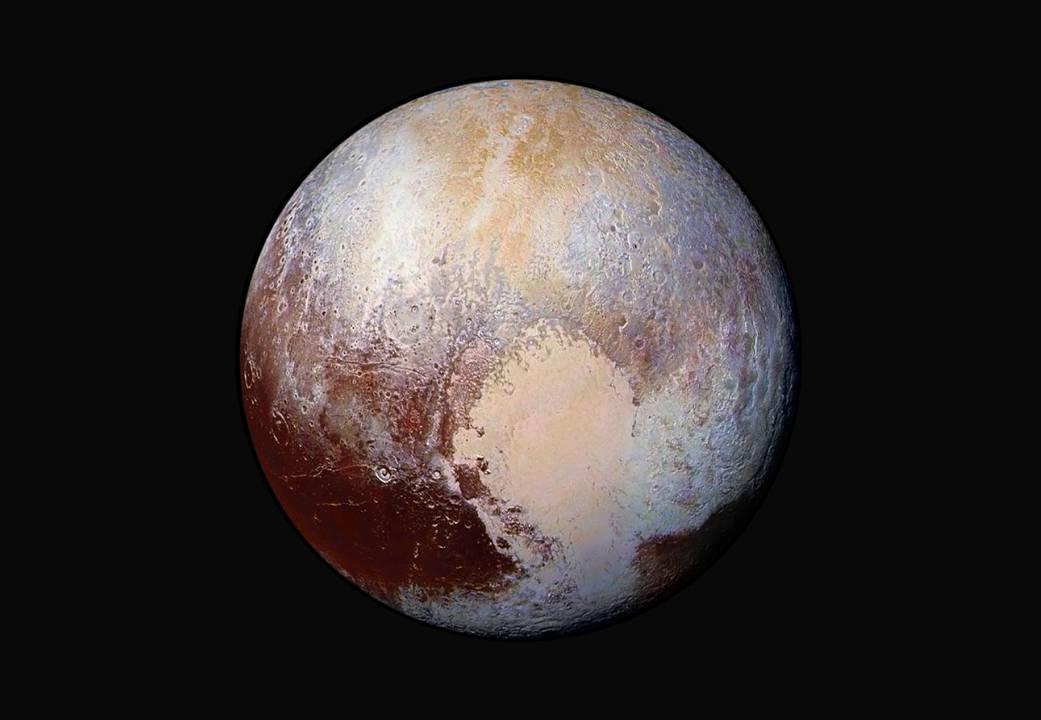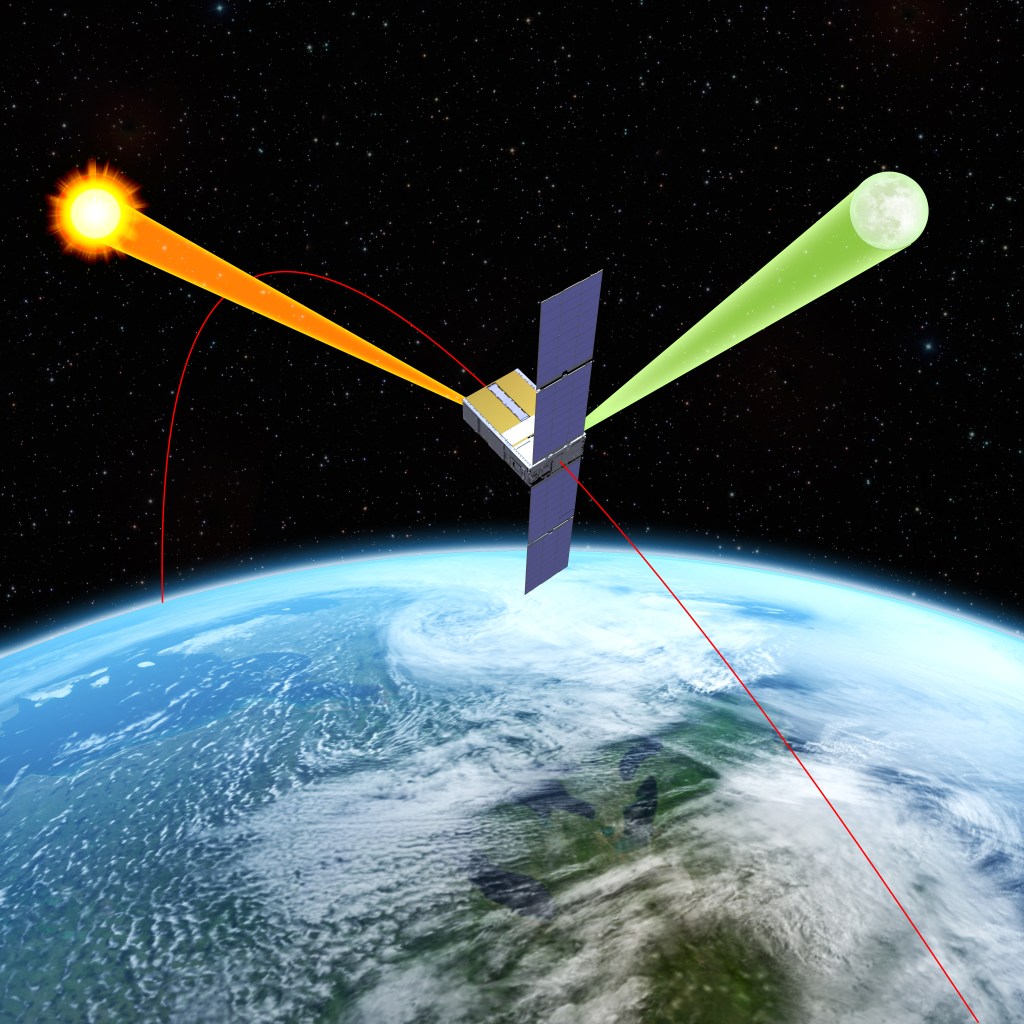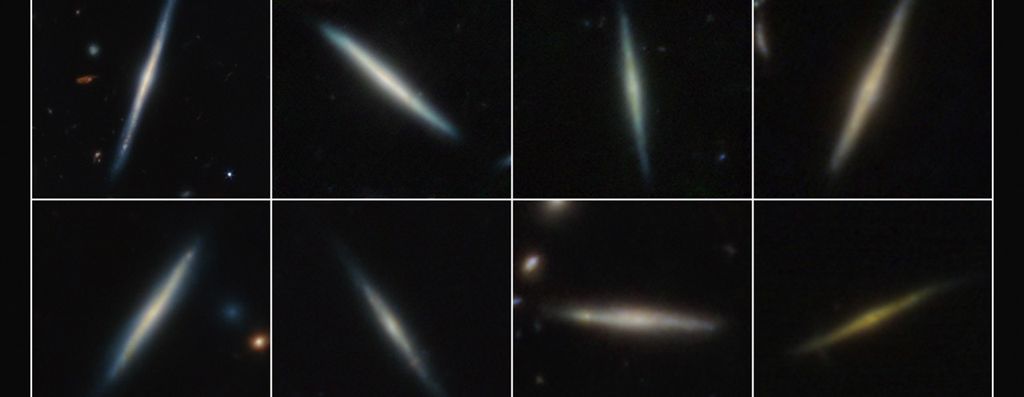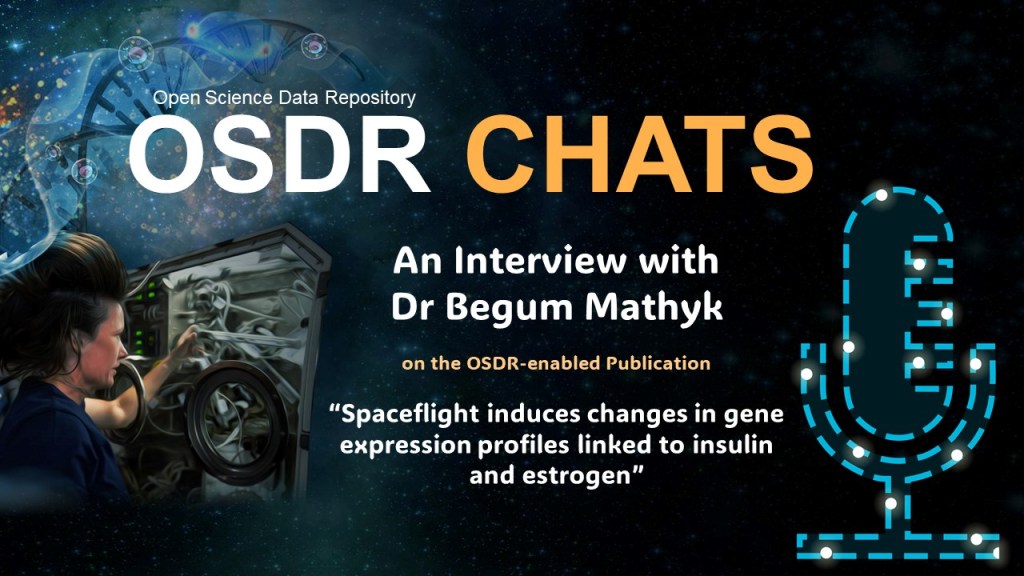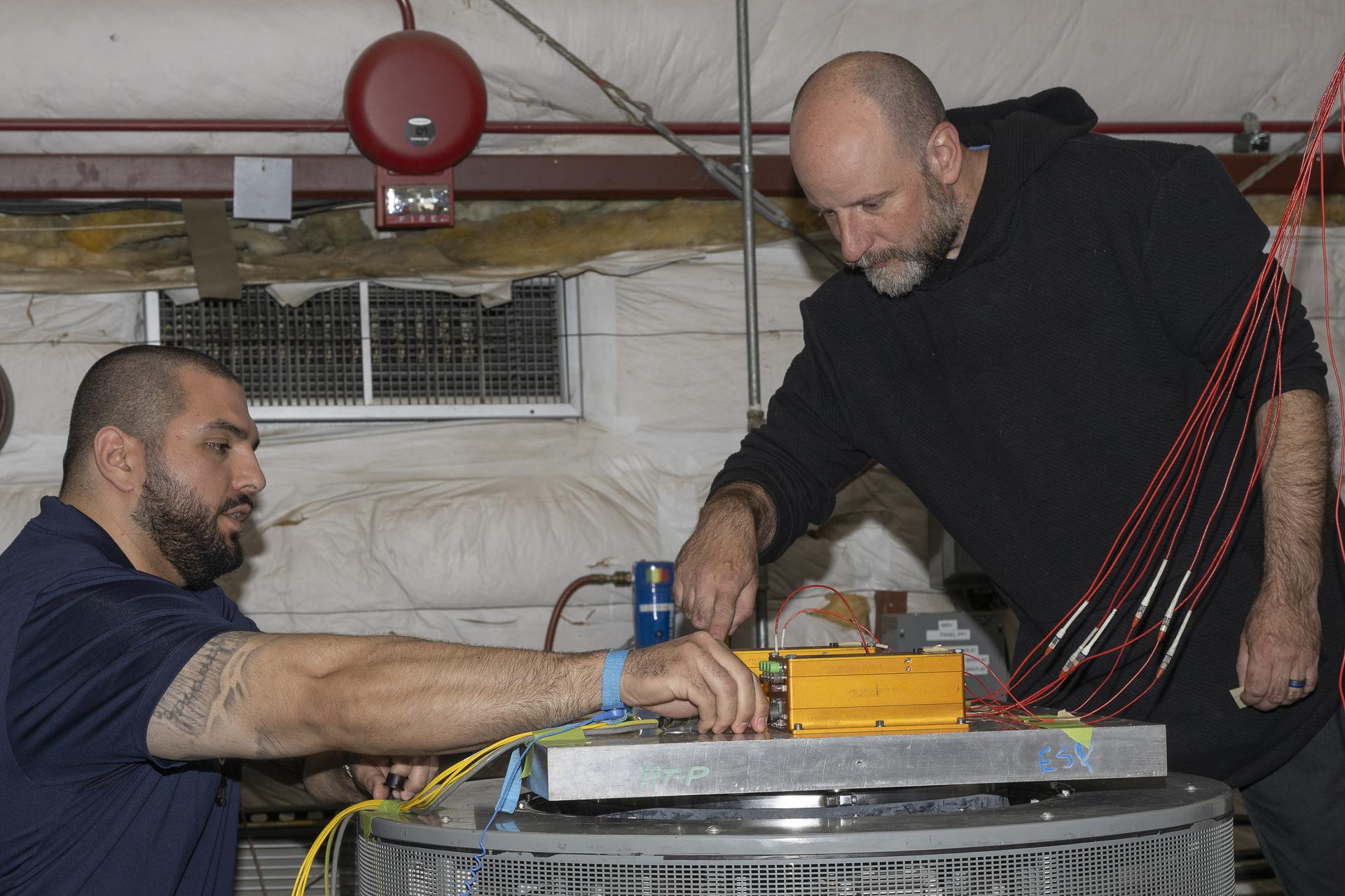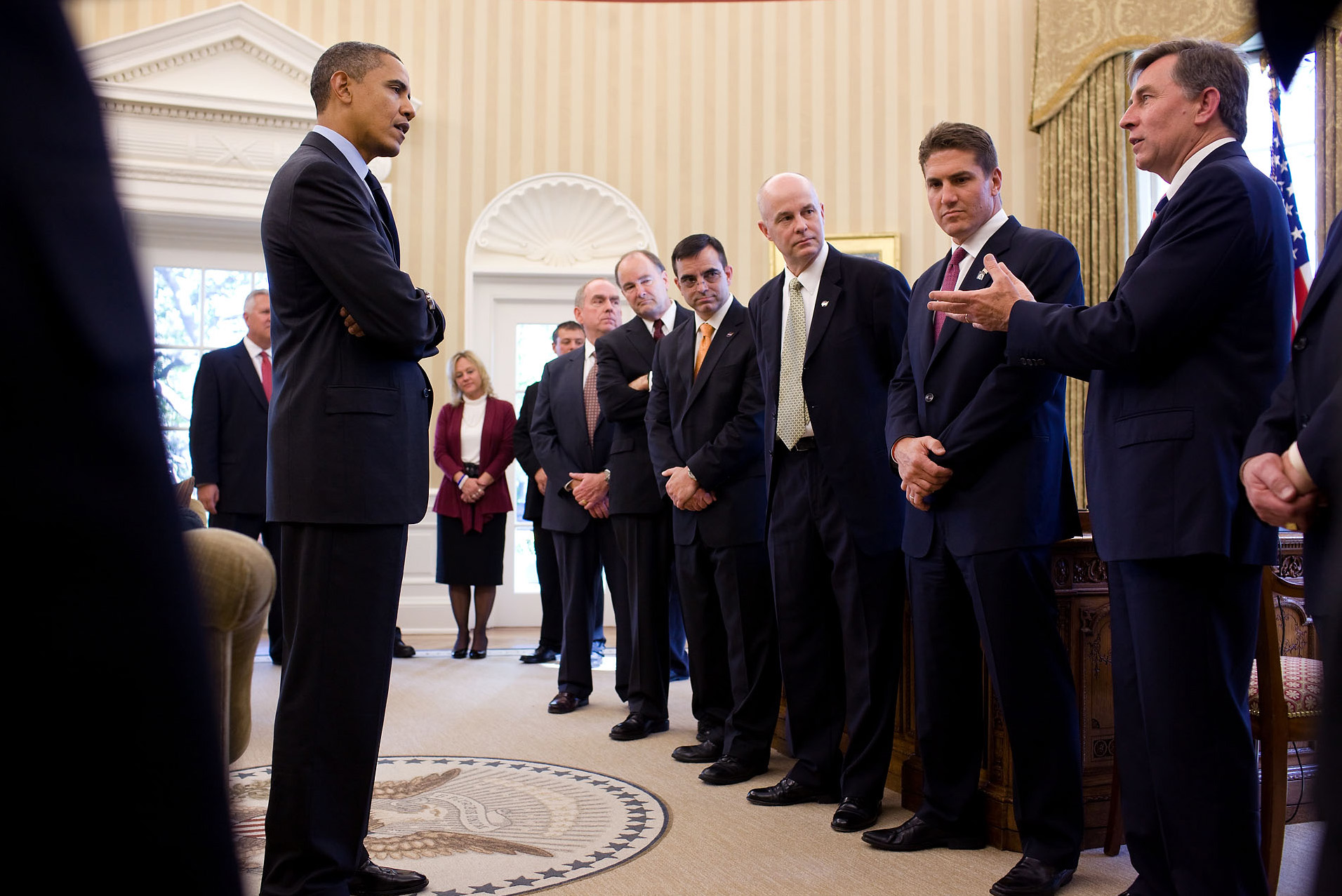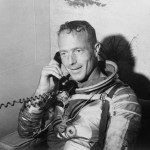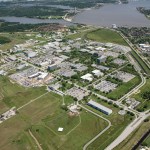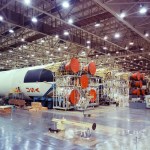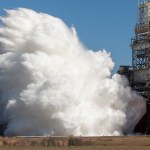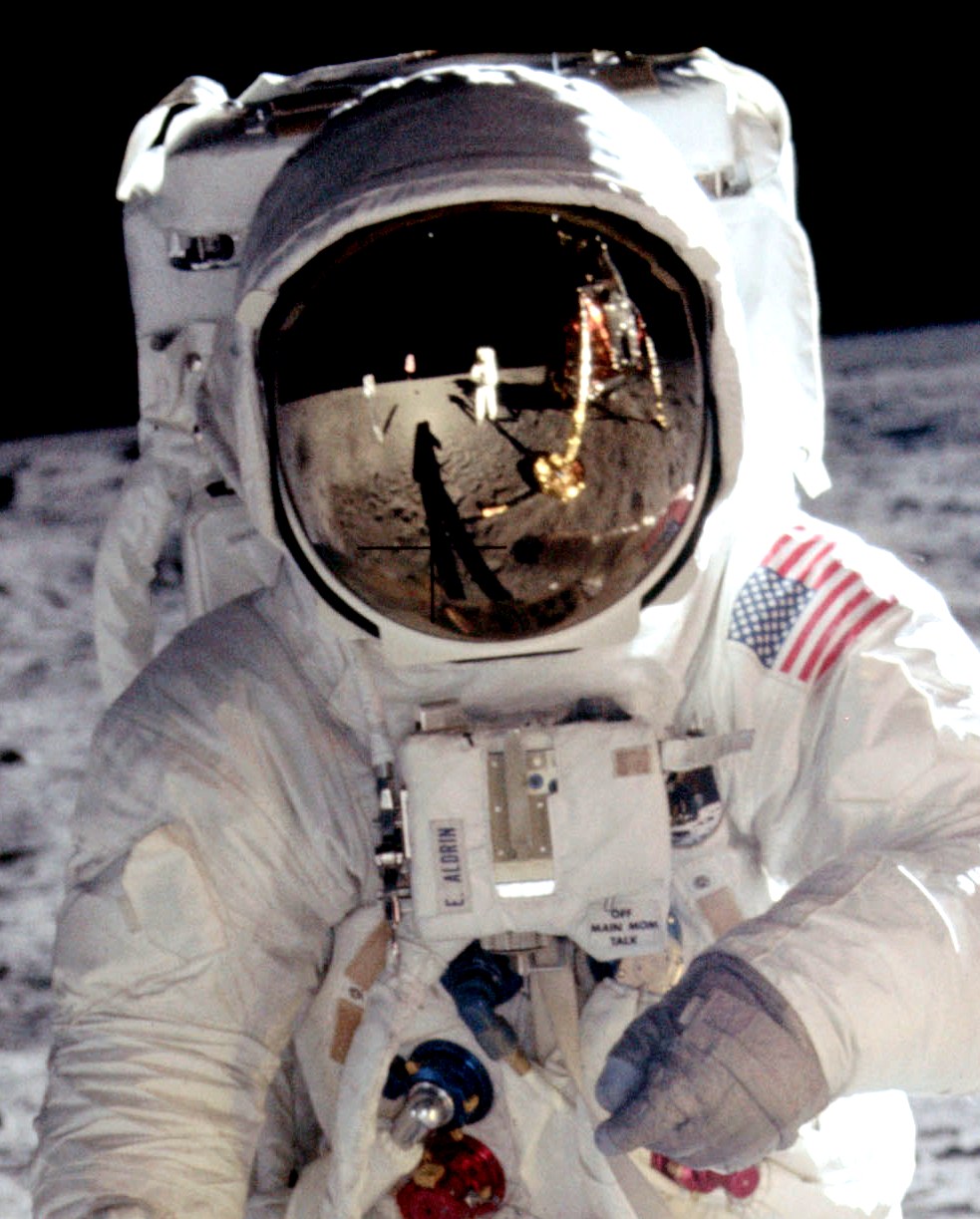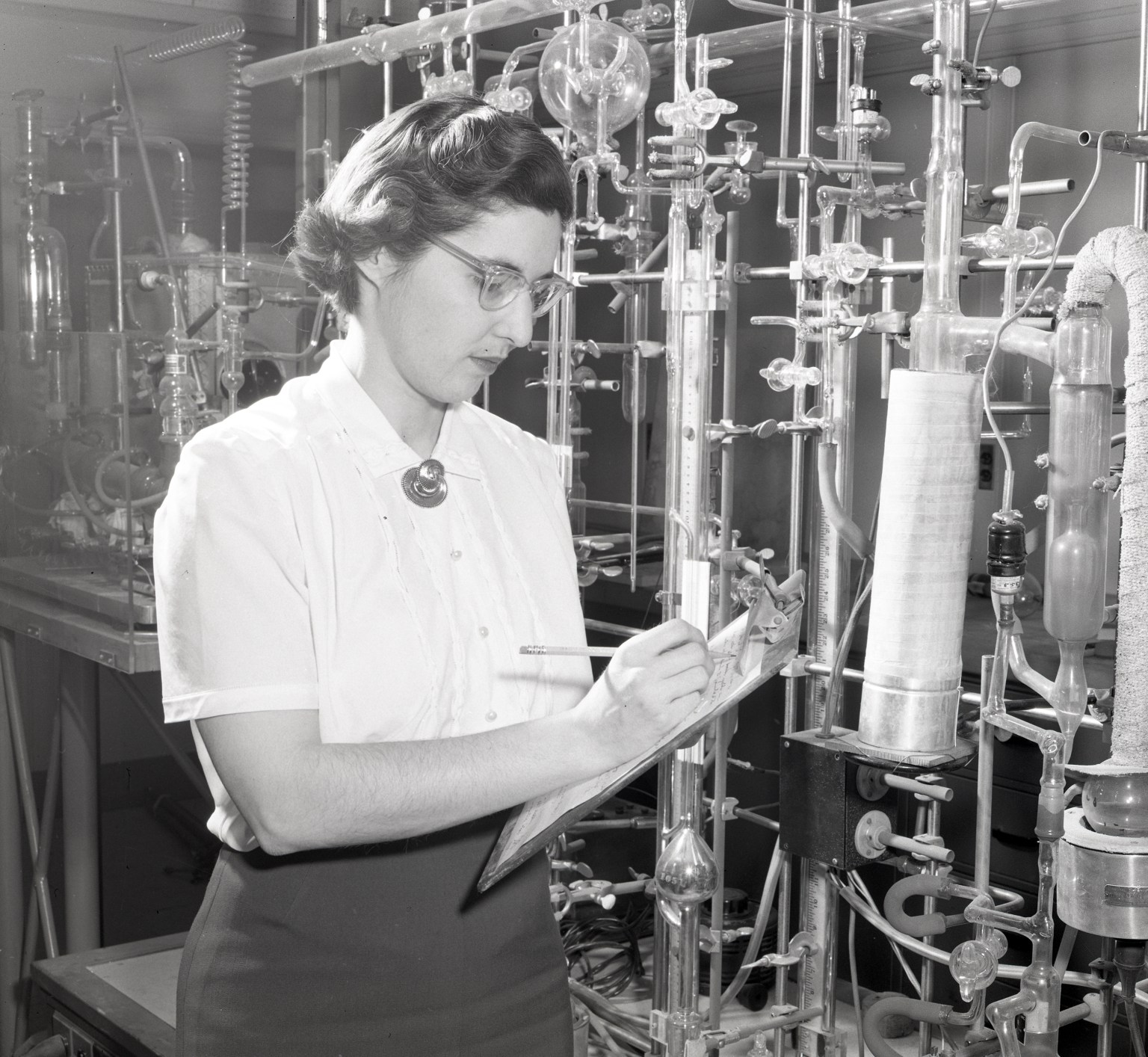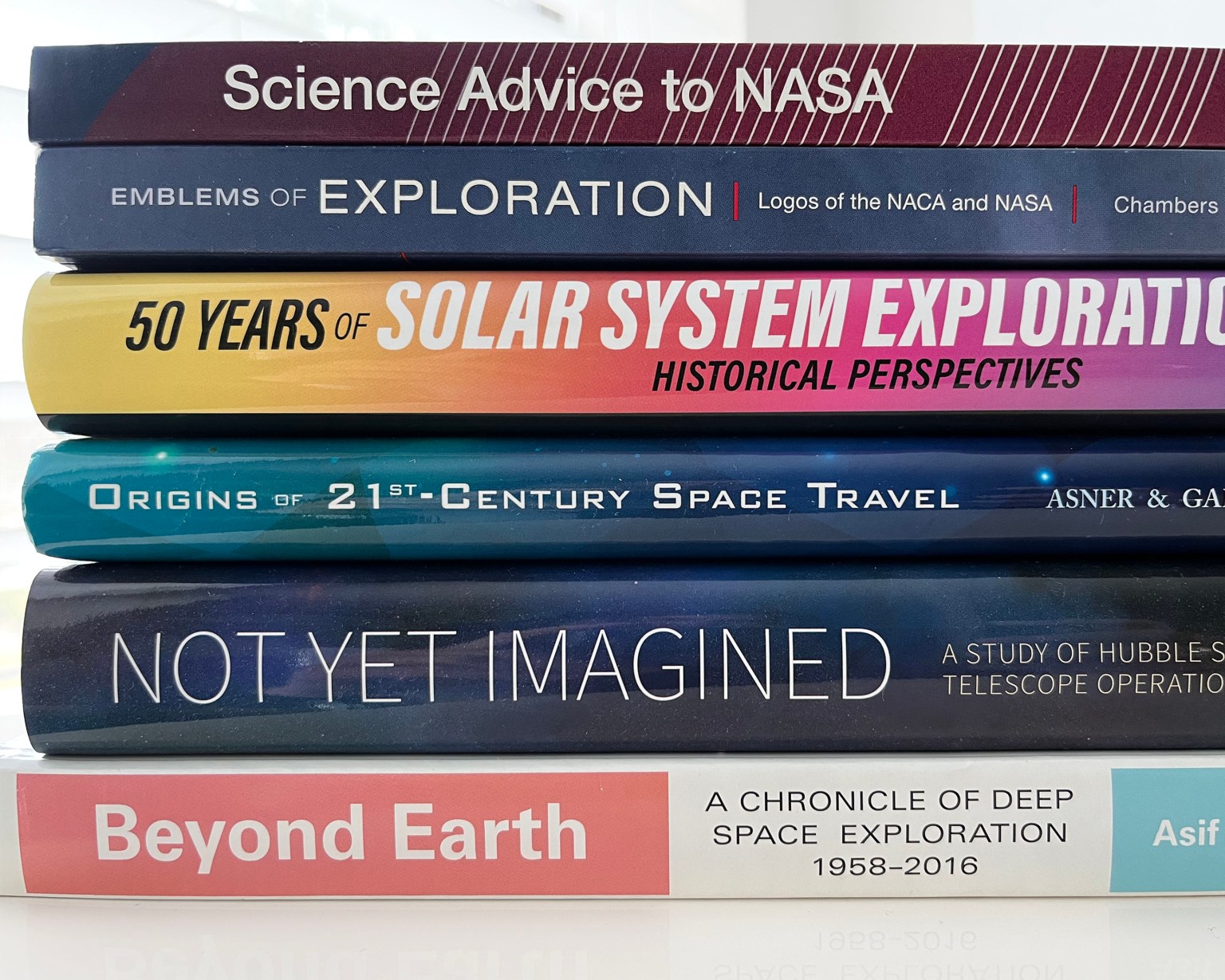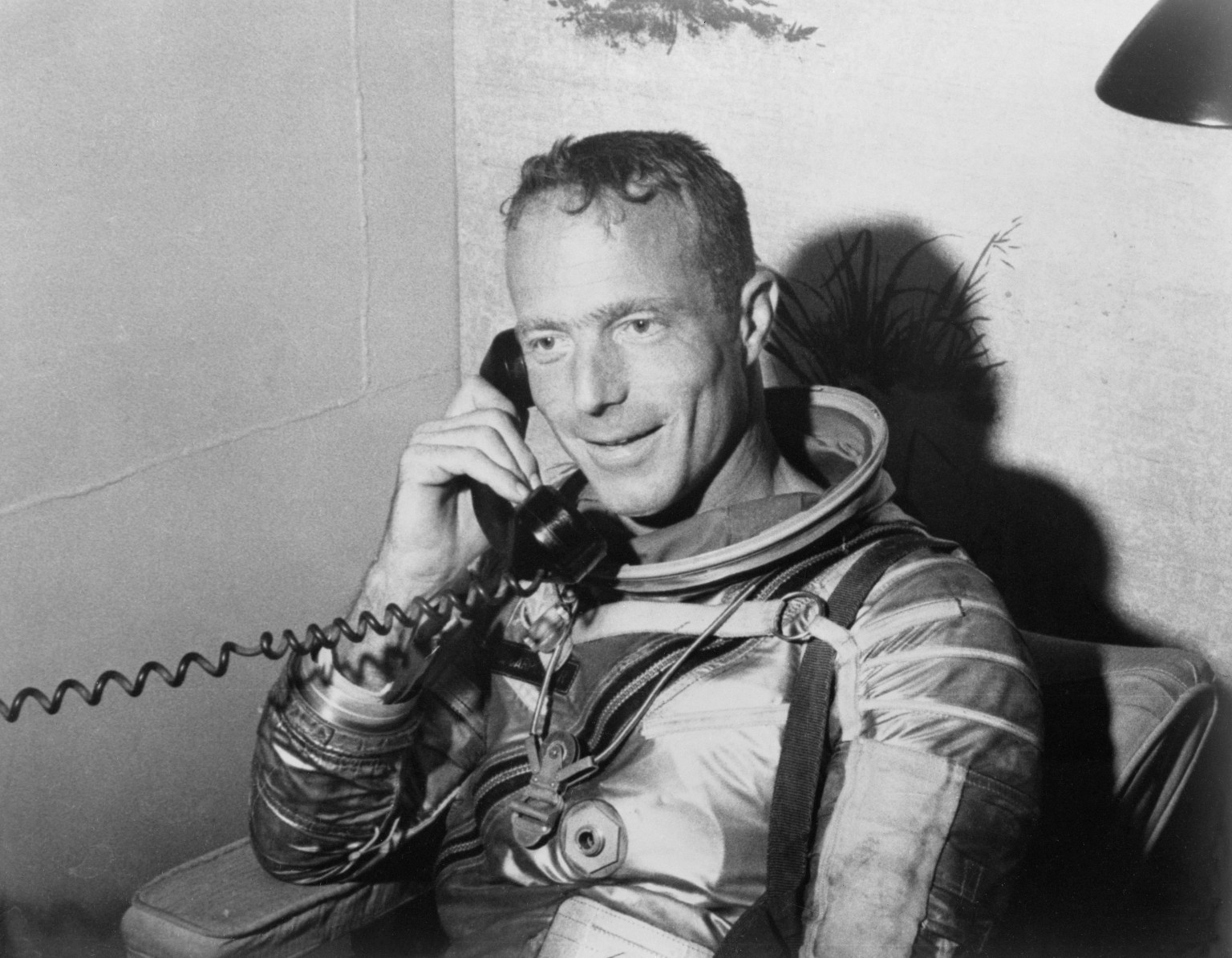On August 5, 2010, a section of Chile’s San José Mine collapsed, trapping 33 miners 2,300 feet below the Atacama Desert. Seventeen days later, the rescue team discovered that the miners had survived the initial accident but were struggling to survive with very little food or potable water.
The Chilean government requested technical advice from NASA based on the agency’s experience in protecting humans in the hostile environment of space during long-duration missions. A team of NASA experts traveled to the mine site and were on the scene from August 30 through September 5, 2010.
The team’s initial support included recommendations on medical care, nutrition, and psychological support. Their work broadened to include an engineering requirements document on the design of a Chilean rescue capsule used to extract the miners. Consultations continued between the NASA team and Chilean government officials until the thirty-three miners were brought back to the surface sixty-nine days after the collapse, alive and surprisingly healthy after their ordeal.
Read more about NASA’s involvement in the rescue.
| Name | Interview Date | Positions/Titles |
|---|---|---|
| Albert Condes | August, 2, 2011 | Deputy Associate Administrator, Office of International and Interagency Relations, NASA Headquarters, Washington, DC |
| Clinton H. Cragg | June 23, 2011 | Principal Engineer, NASA Engineering and Safety Center, NASA Langley Research Center, Hampton, Virginia |
| James Michael Duncan | August 3, 2011 | Deputy Chief Medical Officer, Space Life Sciences Directorate, NASA Johnson Space Center, Houston, Texas Office of International and Interagency Relations Export Control and Interagency Liaison Division, NASA Headquarters, Washington, DC |
| Christopher J. Harris | August 2, 2011 | Chile Desk Officer, U.S. Department of State, Washington, DC |
| Albert W. Holland | April 25, 2011 | Senior Operational Psychologist, NASA Behavioral Health and Performance Group NASA Johnson Space Center, Houston, Texas |
| James D. Polk | May 27, 2011 | Chief Medical Officer, Space Medicine Division, NASA Johnson Space Center, Houston, Texas |
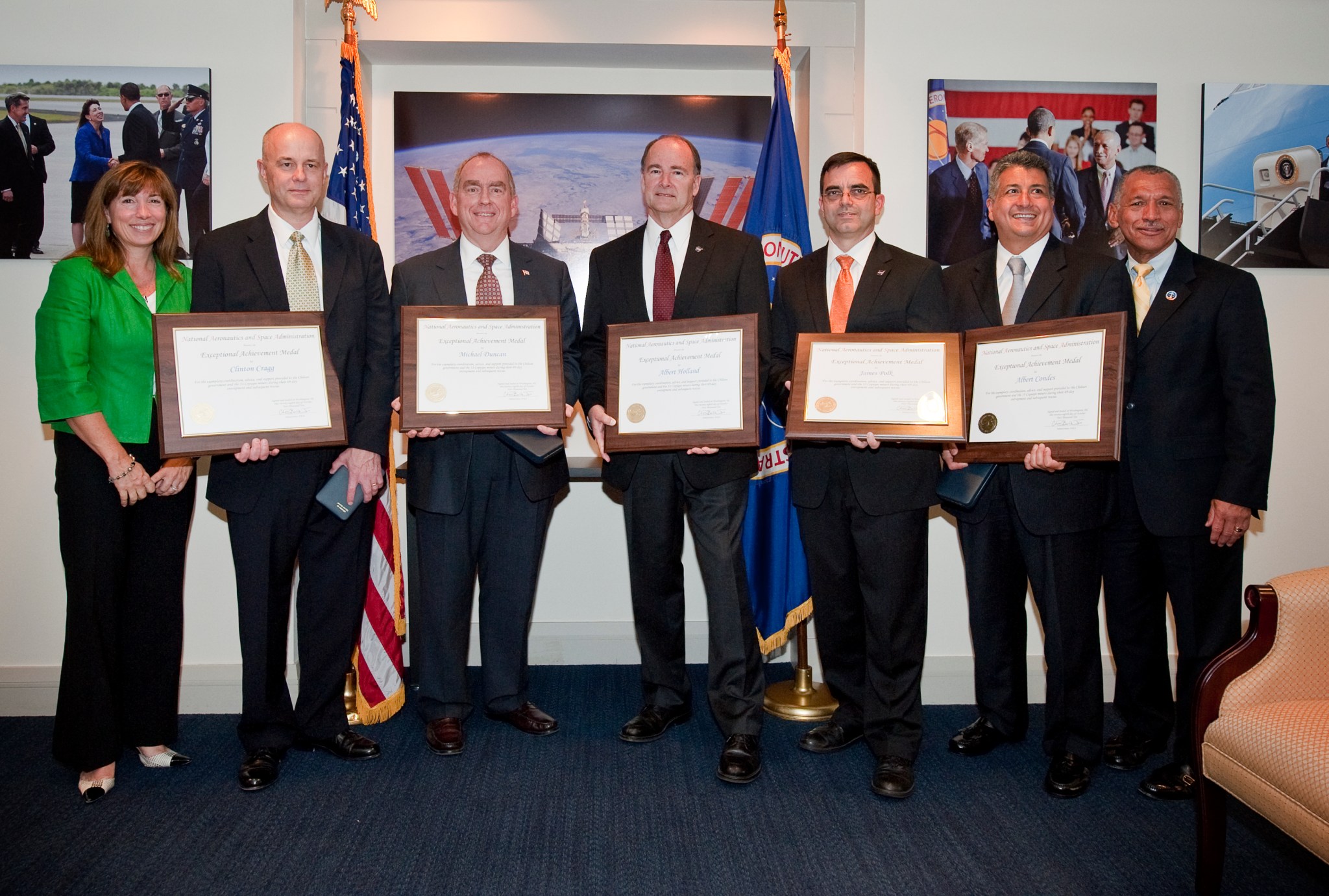
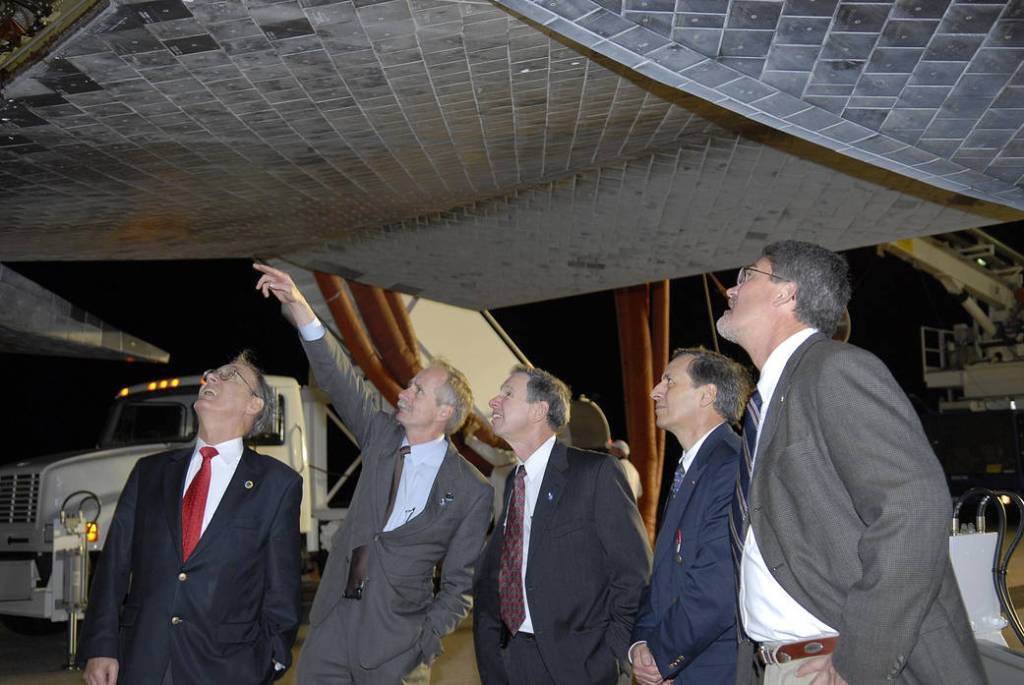
More NASA Oral Histories
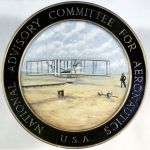
NACA Oral Histories
Oral histories with former NACA members capture the experiences of only a handful of people who worked at the facilities but provide the human story of America’s endeavor to serve as the leader in aeronautical research and the technical innovations that resulted from their labors.
Discovery and New Frontiers Oral Histories
The NASA History Office is currently collecting oral history interviews to document the experiences of individuals who have dedicated their time and expertise to the Discovery and New Frontiers planetary exploration missions, including lessons learned, science objectives and methodologies, mission proposal processes, team dynamics, and management decisions.
Read the oral histories about Discovery and New Frontiers Oral Histories